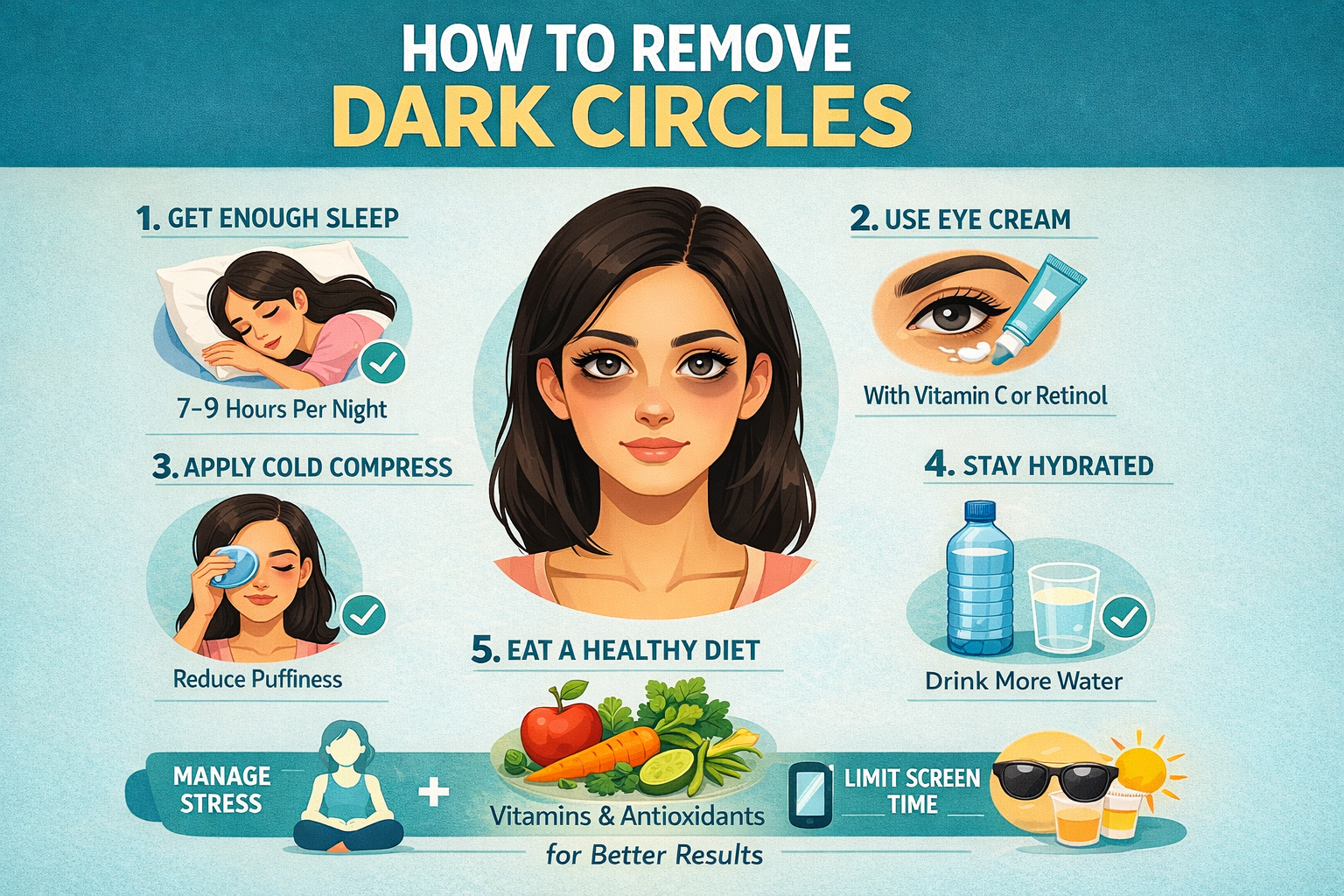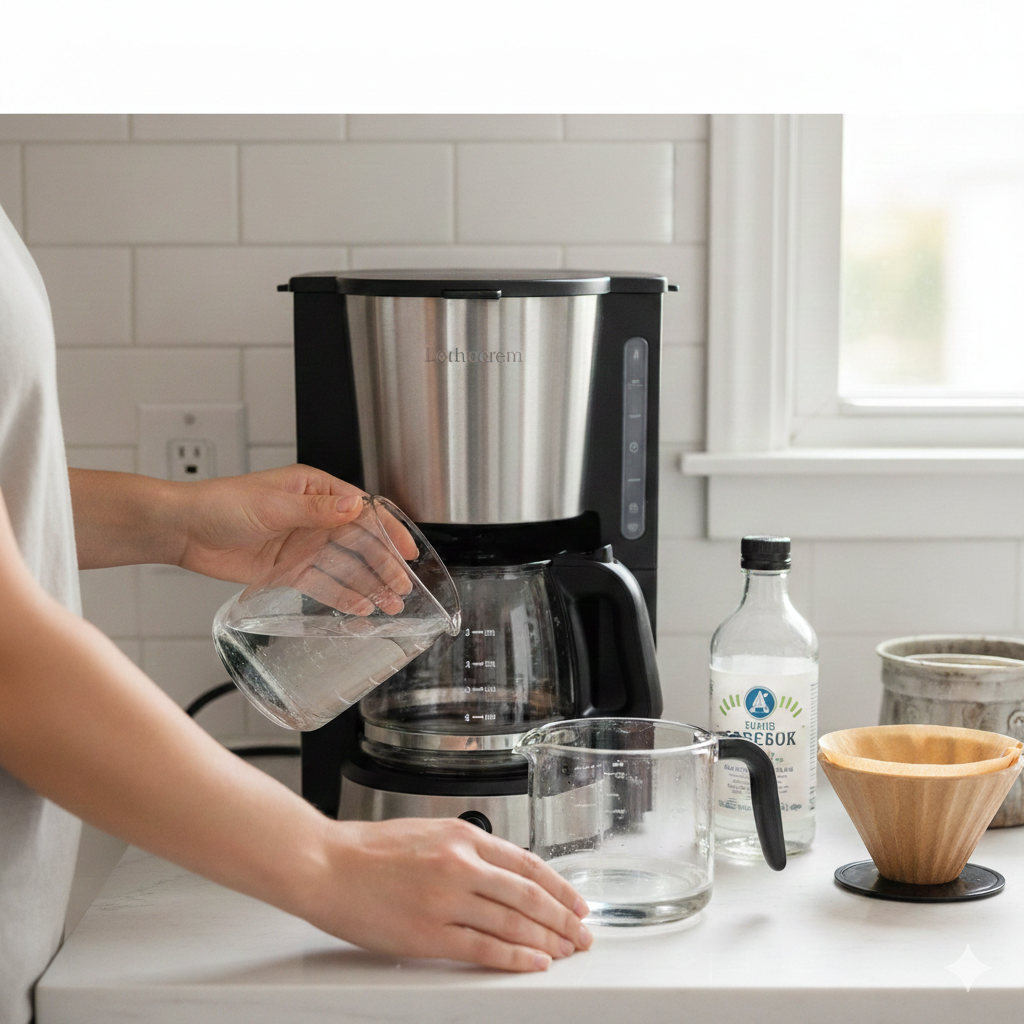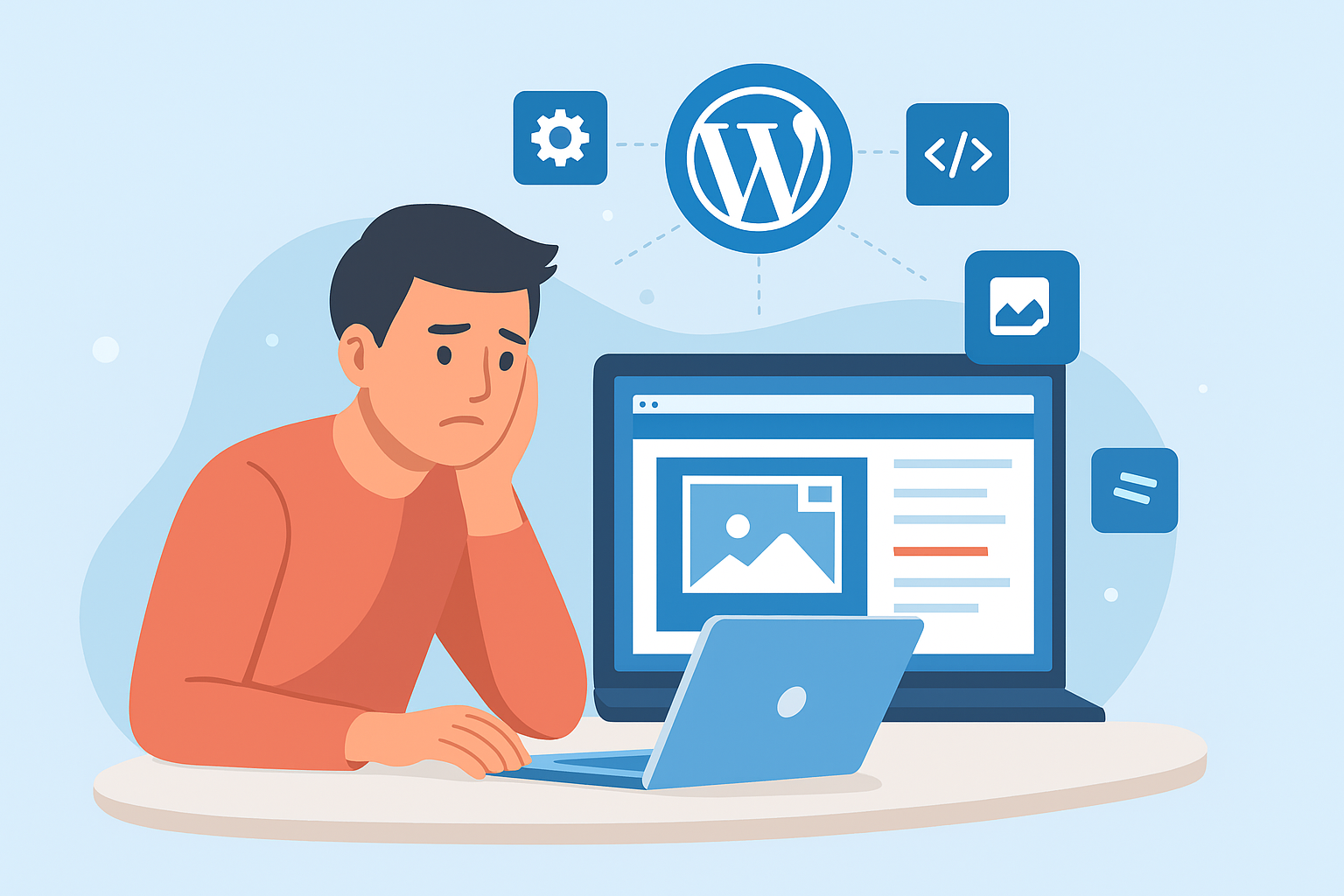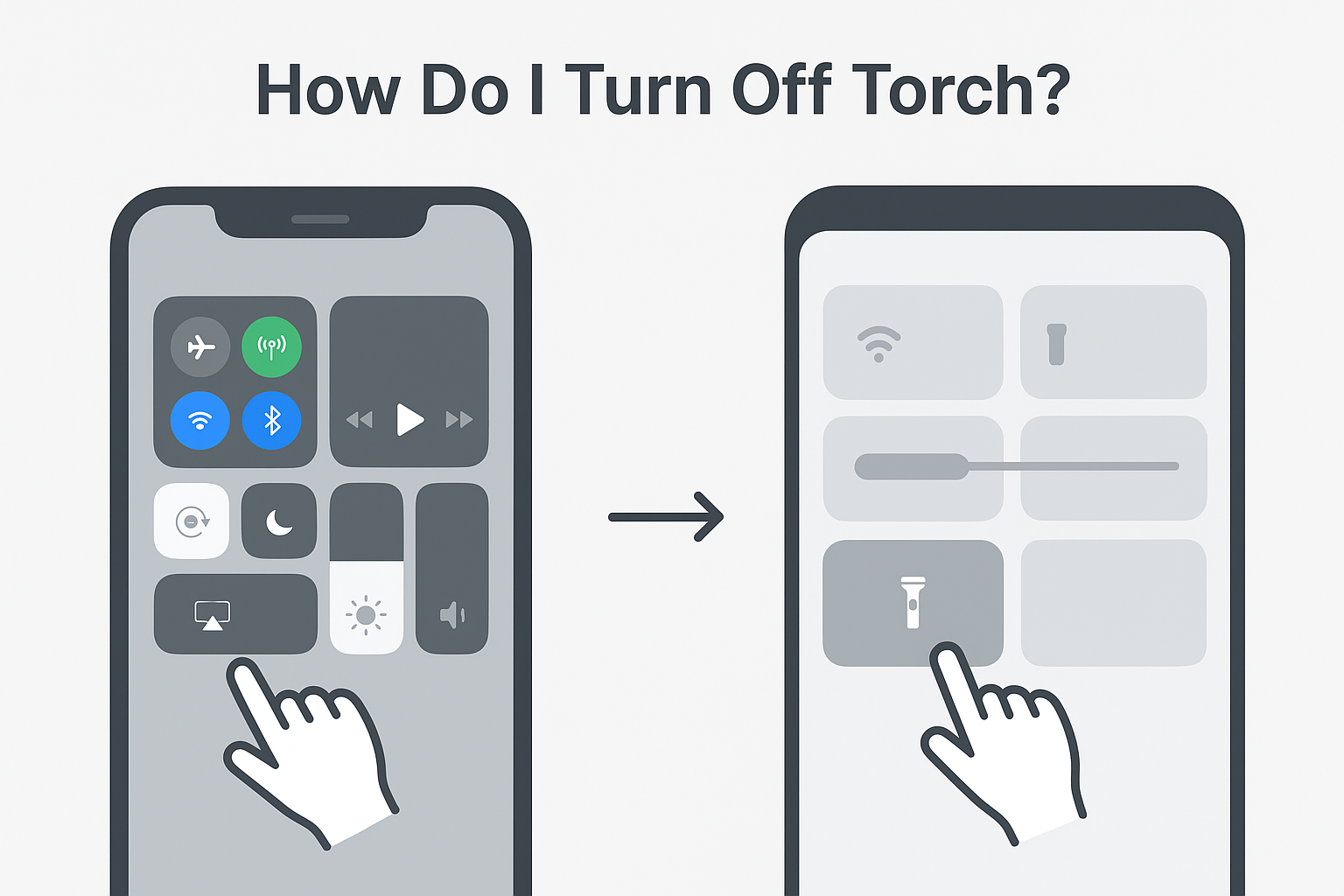WordPress is the world’s most popular content management system (CMS), powering over 40% of all websites. One of its biggest advantages is the variety of themes and templates available, which allow users to design websites quickly without coding. However, many users face a frustrating issue: “why are the WordPress templates messed up?”
If your WordPress template doesn’t look right, appears broken, or behaves strangely, you’re not alone. This problem can stem from several technical and design-related issues. Below, we’ll explore the most common reasons why WordPress templates get messed up and provide step-by-step solutions to fix them.
1. Theme and Plugin Conflicts
One of the most common reasons WordPress templates break is due to theme–plugin conflicts. Since plugins and themes are developed by different creators, they don’t always integrate seamlessly.
- Signs of conflict: layout shifts, missing sections, or strange styling errors.
- Fix:
- Deactivate plugins one by one to identify the culprit.
- Switch to a default theme (like Twenty Twenty-Five) and check if the issue persists.
- Update both the theme and plugins to their latest versions.
2. Outdated WordPress Version
If you’re running an outdated version of WordPress, your template may not be compatible with newer themes or plugins.
- Why it matters: WordPress updates often include security patches and performance improvements that ensure compatibility.
- Fix:
- Always keep WordPress updated to the latest stable version.
- Before updating, back up your site with a plugin like UpdraftPlus.
3. Custom CSS and Code Errors
Sometimes, custom modifications can “mess up” your WordPress template. If you’ve added CSS or edited the theme files directly, even a small mistake can disrupt the layout.
- Signs: text overlaps, broken navigation bars, unresponsive design.
- Fix:
- Use a child theme when customizing to avoid overwriting default files.
- Validate your CSS using tools like W3C Validator.
- Restore to a backup if custom edits caused the problem.
4. Cache and Browser Issues
Caching is essential for speed, but outdated cache files may cause a theme to appear broken.
- Fix:
- Clear browser cache and cookies.
- Clear WordPress cache using plugins like WP Rocket or W3 Total Cache.
- Disable caching temporarily to test whether it’s the root cause.
5. Broken Template Files
Sometimes the issue lies within the theme’s own files. A corrupt or poorly coded template can make WordPress look “messed up.”
- Fix:
- Reinstall the theme from the official source.
- Avoid using nulled or pirated themes, as they may contain broken code or malware.
6. Hosting-Related Problems
Poor server performance or PHP version mismatches can also mess up templates.
- Fix:
- Ensure your hosting supports the latest PHP version (8.0+ recommended).
- Upgrade to a managed WordPress hosting provider for stability.
7. Responsive Design Not Working
If your template looks fine on desktop but breaks on mobile, it’s likely a responsive design issue.
- Fix:
- Check the theme demo to ensure it’s mobile-optimized.
- Use WordPress Customizer → “Additional CSS” to tweak mobile styling.
- Test with Google’s Mobile-Friendly Test tool.
8. Incorrect Template Settings
Sometimes, the problem is simply misconfigured theme settings.
- Fix:
- Go to Appearance → Customize to reset your theme layout.
- Re-import demo content if available.
- Ensure your homepage and posts page are set correctly under Settings → Reading.
9. Database Issues
WordPress relies on its database for theme settings. If the database is corrupted, your templates might not load correctly.
- Fix:
- Use phpMyAdmin to repair your database.
- Install plugins like WP-DBManager to optimize and repair tables.
10. Malware or Security Breaches
If your WordPress template is messed up unexpectedly, it could be due to malware.
- Fix:
- Scan your site with plugins like Wordfence or Sucuri.
- Remove suspicious files and reset admin credentials.
- Strengthen website security with two-factor authentication.
How to Prevent WordPress Template Issues
To ensure your WordPress site runs smoothly:
- Always use trusted themes from the official WordPress repository or reputable developers.
- Update themes, plugins, and WordPress core regularly.
- Test new plugins/themes on a staging site before going live.
- Back up your site frequently.
Final Thoughts
So, why are the WordPress templates messed up? The answer often lies in theme–plugin conflicts, outdated files, or misconfigurations. Thankfully, most issues can be resolved with updates, cache clearing, and proper troubleshooting.
If you’re still struggling, consider hiring a professional WordPress developer or contacting your hosting provider for support. With proper maintenance, your WordPress site can remain error-free, fast, and visually appealing.











